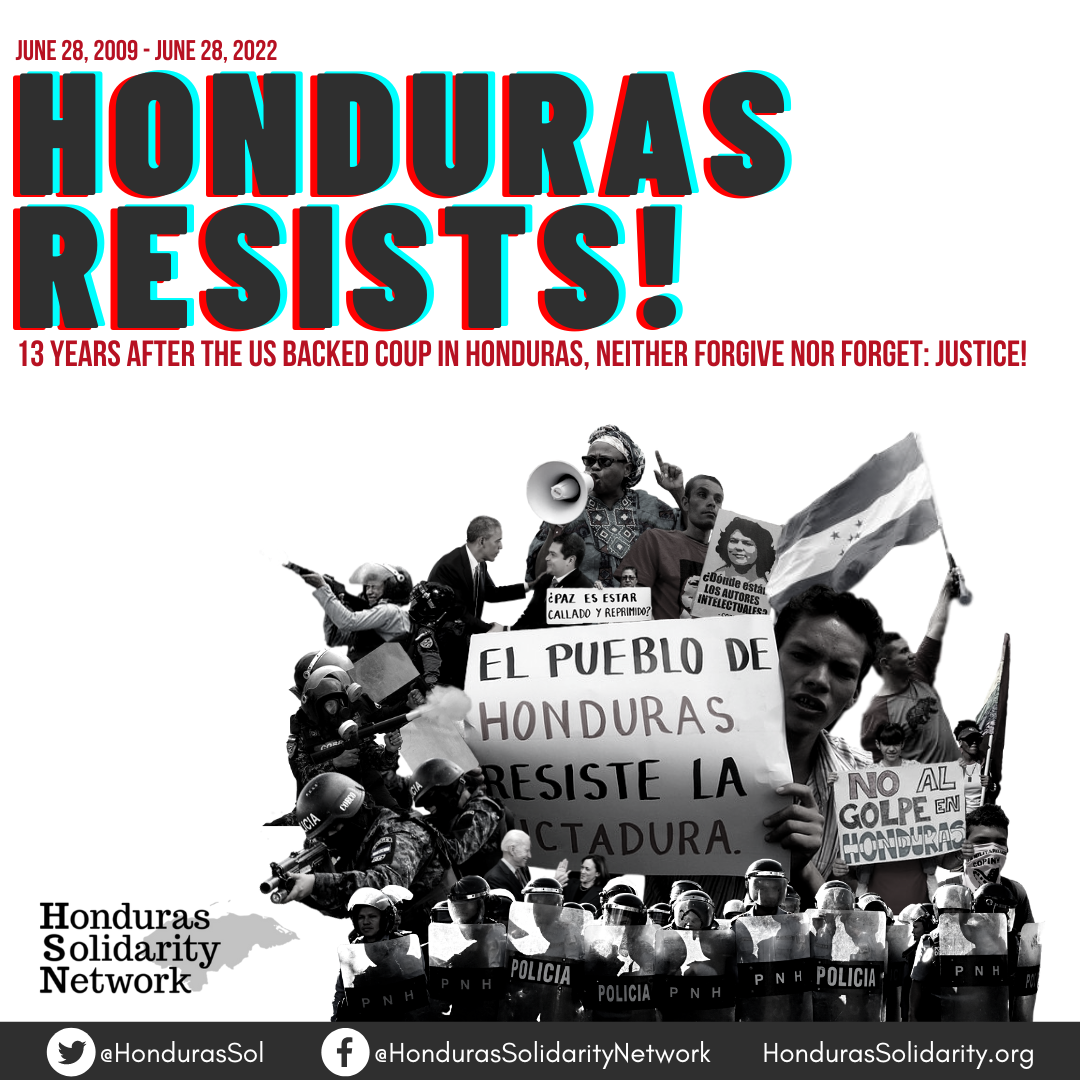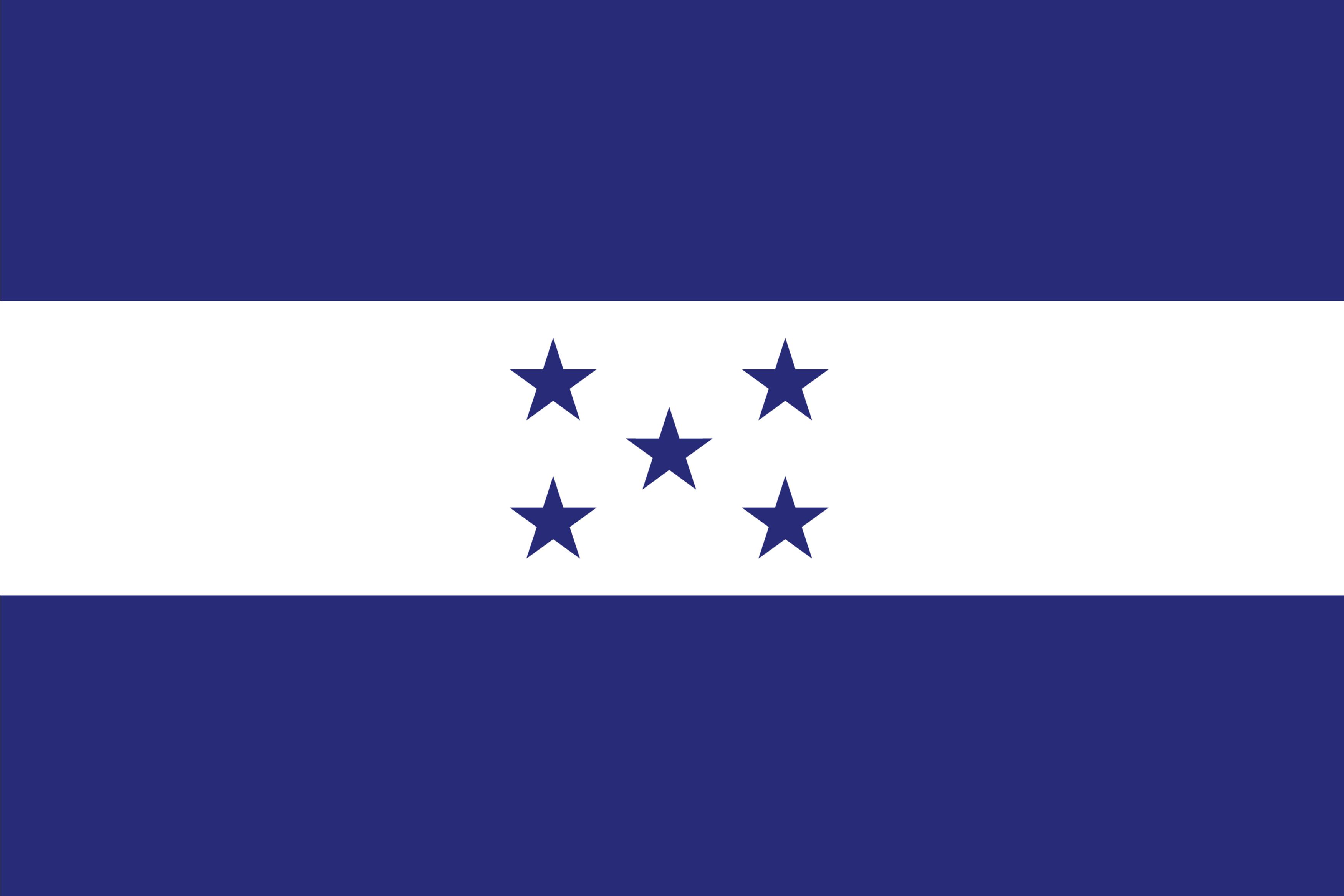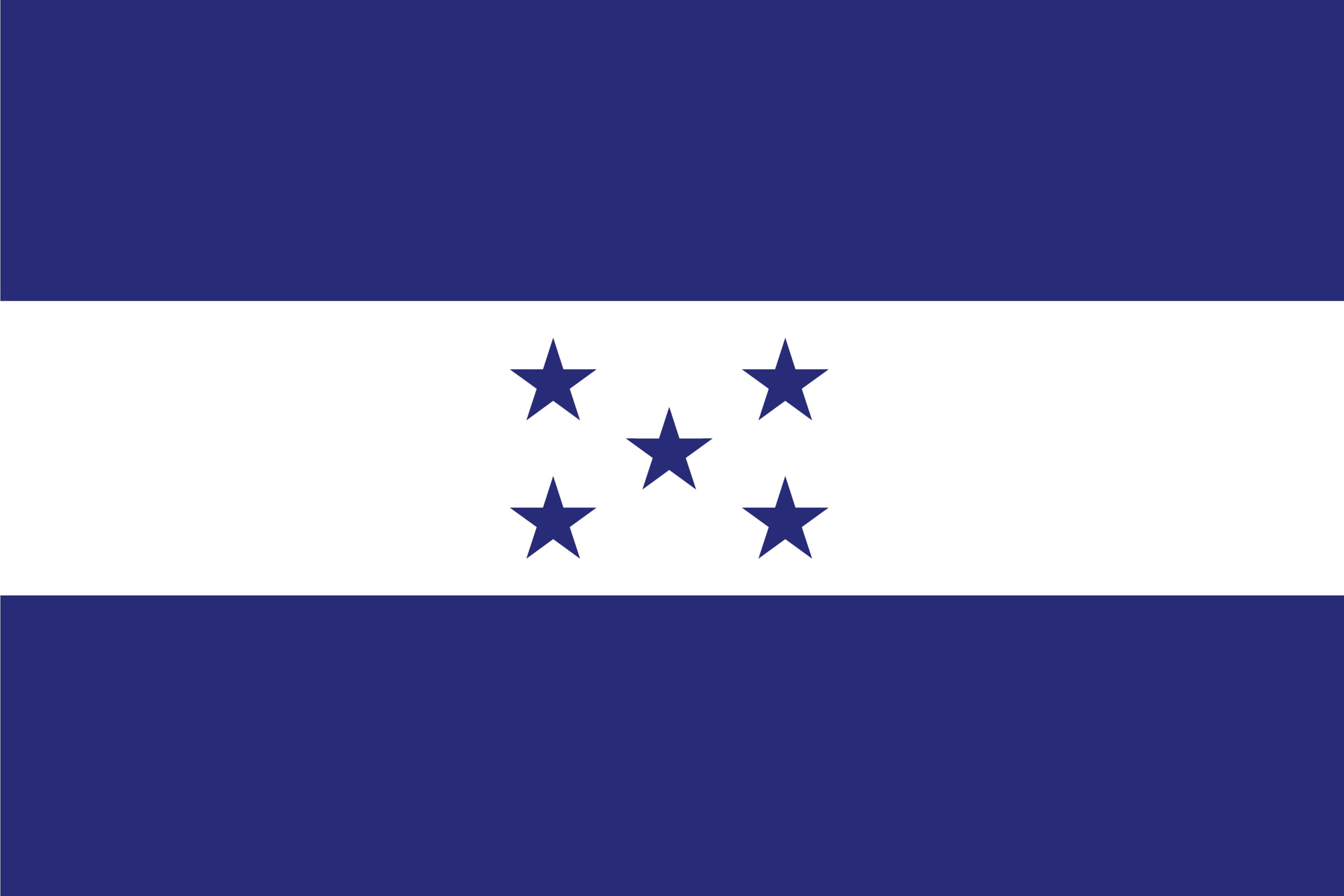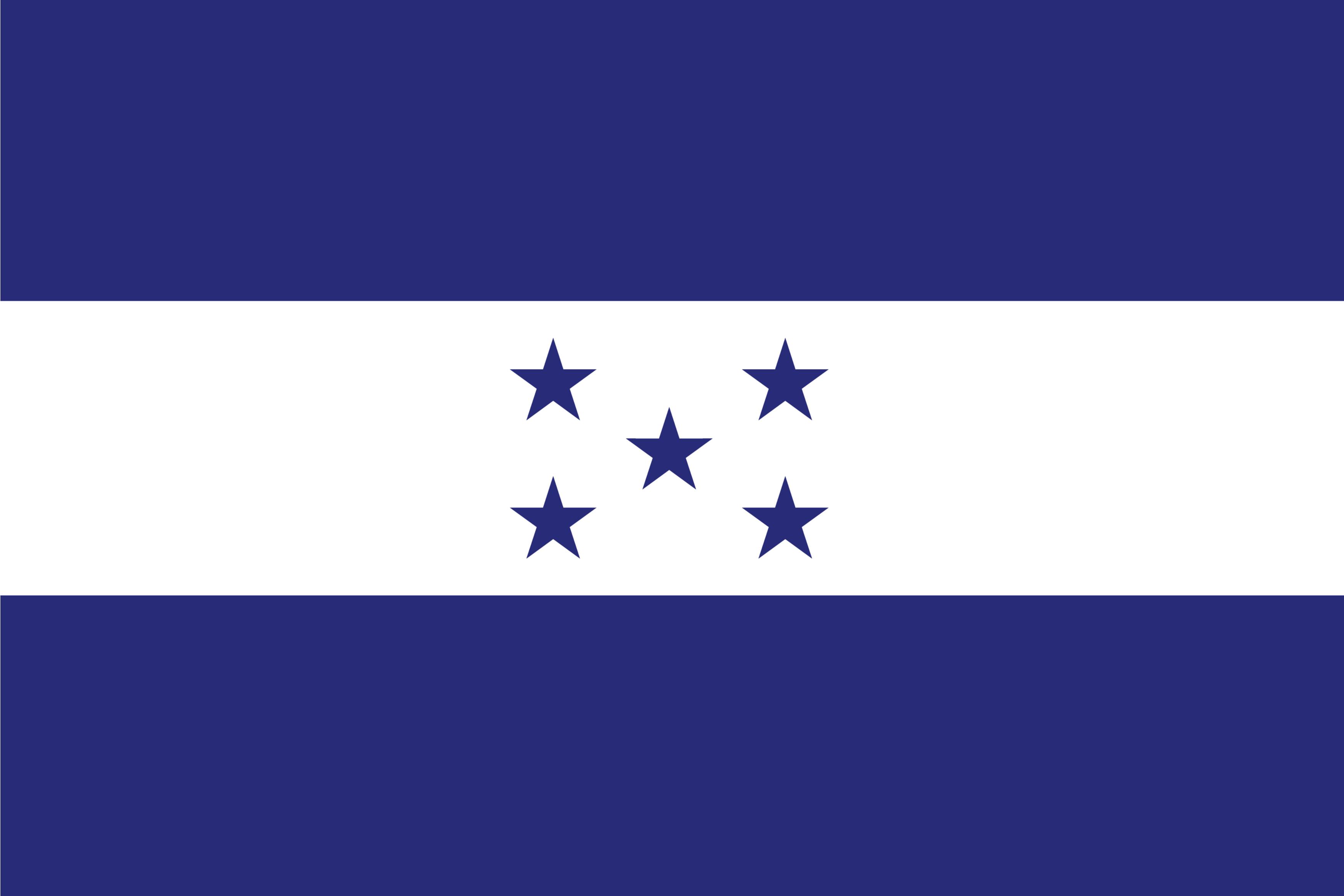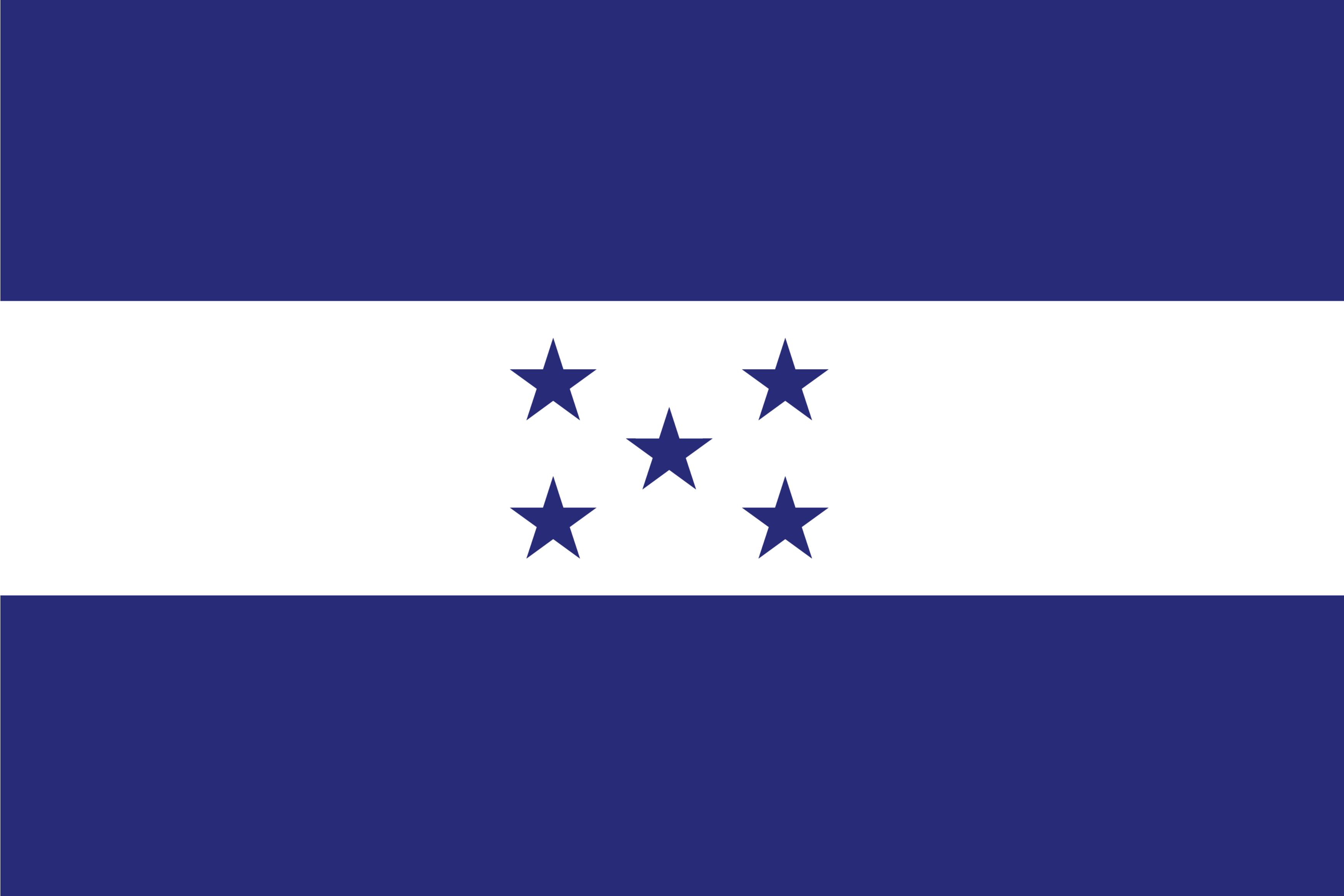On February 20, the Honduras Solidarity Network (HSN) hosted a webinar to launch its new report: US Intervention Monitor Report: One Year of Xiomara Castro, One More Year of US Intervention in Honduras. With the participation of more than 90 people, primary report author Karen Spring related how the US State Department has been reacting to, responding to, and intervening in the reforms that President Castro is trying to put forward. Many of her policy initiatives are campaign promises she made in response to calls from communities all over the country who have suffered tremendously during the 12 years of the narco-dictatorship. Continuous interference from the US is aimed at weakening the Honduran government’s agenda and undermining President Castro’s progressive platform.
Things got so bad that on October 31, 2022, Honduran Foreign Affairs Minister Enrique Reina requested a formal meeting with U.S. Ambassador to Honduras, Laura Dogu, to present a formal protest against the ambassador’s public statements disapproving of new government reforms. Specifically, the ambassador criticized the new president’s Energy Reform Law, Temporary Labor Law, and the repeal of the legislation that gave birth to the widely unpopular Zones of Economic Development and Employment (ZEDEs, or charter cities).
It would be impossible to overstate the damage done to Honduran democracy and economic development by U.S. domination historically and in the recent past. Public comments, behind-the-scenes meetings, and political coercion are some of the many ways that U.S. interventionism seeks to maintain U.S. power and its economic interests in the region. There’s a pattern to these actions which repeats again and again in both Honduras and the rest of Latin America.
See the article below for the Facebook Live recording and the link to the complete report. PDFs are available in both Spanish and English. See also the link to the opening remarks by HSN member Judy Ancel who set the context for the webinar and report by giving us an overview of US imperialism in the region, past and present.
What can we do? At the very least, we can share this report with foreign policy staffers at the offices of our US representatives and senators. For a sample email script, please contact brian@irtfcleveland.org or call (216) 961 0003. Thank you.
U.S. INTERVENTION MONITOR: One Year of Xiomara Castro, One More Year of U.S. Intervention in Honduras

